Previous product
Back to products
Brass Chakli Maker
₹999.00 ₹599.00
Next product
White Yoga Mat (ghongadi)
₹1,200.00 ₹1,000.00
Rose Water
₹150.00
Description
- Rose water has been used in abhishekam for centuries.
- It is significant to bringing victory.
- It is also used in homam and sprinkled on people in wedding houses which gives them a fresh feeling.
- It is available in other sizes as well.
Quantity
- 50 ml
Categories: Daily Pooja Ingrediants, Pooja Ingrediants
Related products
Brass Kalash (Small)
₹350.00
Description
- This lovely Kalash can be utilized karwa chauth and any event like wedding , commitment ,diwali , raksha bandhan or in any ceremonies, puja Brass Kalash keeps up an exceptionally propitious job as it is a piece of each religious customs.
- This is made of Brass material which makes it durable.
- Kalash is an important accompaniment in pooja rituals, weddings and important festive occasions.
- The water in Kalash is also used during abhishekam.
- Made in heavy shining brass.
Specifications
- Material - Brass
- Pack of - 1
- Size - (W x H) 6 x 6.5 cm
- Weight - 66 g
Kesar
₹190.00
Description
- Kesar have been derived from the Northern Indian region, Kashmir, where old saffron was produced.
- Saffron is the most expensive spice in the world.
- Saffron's aroma is unique and there is no substitute for it.
- It is offered to deity idols and afterwards distributed and smeared on the foreheads of devotees.
Quantity
- 0.025 gms
Vastu pratima
₹250.00
Description
- Vastu is the science of direction that combines all the five elements of nature and balances them with man and materials.
- It is all about the interaction of various forms of best effect on a living person.
- It aims to create a subtle conducive atmosphere in a structure in which we can bring the best in ourselves, thereby paving the way for enhanced health, wealth, prosperity and happiness in an enlightened environment.
- Like any other science, vaastu is universal, rational, practical and utilitarian. It is not a religion but a science.
Uses
- Place this Vastu pratima under the ground in the North east corner of the house, while doing vastu pooja.
Darbha Grass
₹215.00
Description
- Darbha Grass or Kusha Grass is scientifically known as Desmostachya bipinnata, commonly known in English by the names Halfa grass, Big Cordgrss, and Salt read-geass, is an Old World Perennial Grass. Kusha grass is a special type of grass which is used in Hindu rituals Pooja and Worship.
Uses
- While chanting hymns, hold a bunch of Darbha grass, dipping the tip into a pot full of water. The positive vibrations of the mantras recited are believed to be absorbed by water in the pot through the grass. Then the recharged water is sprinkled around to purify the surroundings.
- Also, while performing fire ritual, Darbha grass is placed on the four sides of the agni kund or sacred fireplace, While chanting and reciting verses from the Vedas, one has to wear a ring made of Darbha grass on one’s right hand ring finger as a protective shield from negative vibrations.
- The number of Darbha leaves used depends on the ceremony that is being performed. For ceremonies related to death, only one Darbha leaf is used. For auspicious and daily rituals, a ring made of two leaves is used for inauspicious but not death related functions — Amavasya Tharpanam, Pithra Pooja — a three - leaf Darbha ring is used. For temple prayers and pooja, a four-leaf Darbha ring is used.
Quantity
- Set of 5
Ghee
₹320.00
Description
- Ghee holds its position of purity in nearly all the Hindu pooja rituals.
- In Hindu mythology, Prajapati/Brahma, created Ghee by rubbing or "churning" his hands together and then poured it into fire to engender his progeny.
- So, whenever the rituals are performed, the pouring of Ghee into fire symbolises a re - enactment of creation.
Quantity
- 200 gms
Havan Samagri
₹140.00
Description
- The Havan Samagri is a sacred offering in the yagna and each item of the samagri is significant.
- The havan samagri is offered in the fire during yagnas and homas, after completion of every mantra chant.
- Havan Samagri (a mixture of various dried herbal , roots and leaves) is offered in the ablazed fire which disseminates in micro form, in the air, to purify the environment besides activating the air as disinfectant germicidal agent.
- It is anti-bacterial and is made from high grade raw materials. It is 100% natural Havan Samagri.
Contents
- Made from ayurvedic havan exotic herbs, Black til, Jo, 32 types of dhoop, Bhimseni kapoor, rose petals, sandalwood powder, lobaan, ghee, chandan
Quantity
- 100 gms
Gomutra
₹150.00
Description
- Being highly recommended by the scriptures, it is considered holy and safe to use.
- The original scriptures of Ayurveda consider cow urine to be the elixir of life.
- Cow urine is an important part of many Indian rituals/daily pooja.
- Gomutra has the ability to attract divine consciousness which in turn creates an increase in the Sattva component and therefore facilitates spiritual healing.
- The Indian cow has the ability to attract the frequencies of all the deities in the universe.
Quantity
- 200 ml
Brass Kalash
₹700.00
Description
- This lovely Kalash can be utilized karwa chauth and any event like wedding , commitment ,diwali , raksha bandhan or in any ceremonies, puja Brass Kalash keeps up an exceptionally propitious job as it is a piece of each religious customs.
- This is made of Brass material which makes it durable.
- Kalash is an important accompaniment in pooja rituals, weddings and important festive occasions.
- The water in Kalash is also used during abhishekam.
- Made in heavy shining brass.
Specifications
- Material - Brass
- Pack of - 1
- Size - (W x H) 8 x 9 cm
- Weight - 146 g



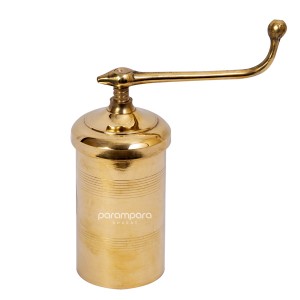
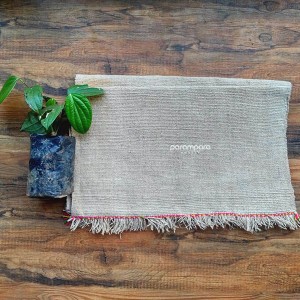
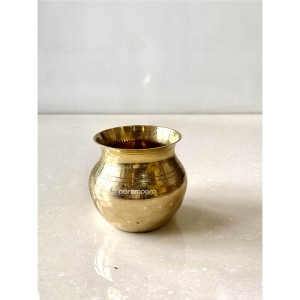
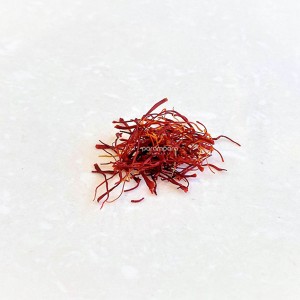
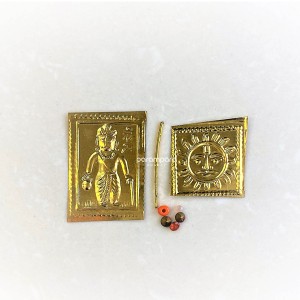

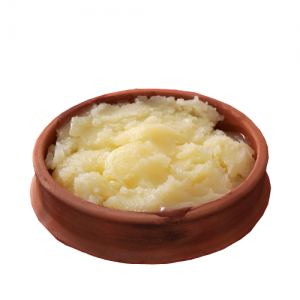

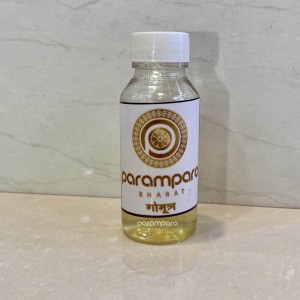
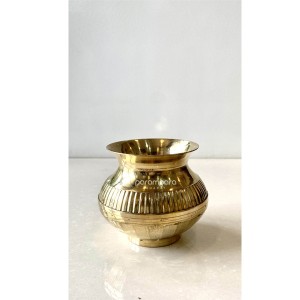


Reviews
There are no reviews yet.